The Internet is a vast repository of information, and one can learn almost anything online. With online learning websites becoming more popular, individuals can acquire new skills and knowledge from the comfort of their homes. However, some individuals are interested in hacking learning websites to access premium content and other resources without paying for them. This has led to an ethical dilemma regarding the legality and morality of hacking learning websites.
What is Hacking?
Hacking is the process of gaining unauthorized access to a system or computer network. It can be done for various reasons, including stealing sensitive information, disrupting computer systems, or gaining access to premium content without paying for it. In recent times, hacking has become more common due to the increased use of technology in everyday life.
Hacking Learning Websites
Learning websites are online platforms that offer courses, tutorials, and other educational resources to users. Some learning websites charge a fee for accessing their content, while others offer free access. However, some individuals are interested in gaining access to premium content without paying for it, and thus, they resort to hacking.
Hacking learning websites can be done in different ways. Some individuals may use hacking tools to exploit vulnerabilities in the website’s code, while others may use phishing techniques to steal login credentials. Whatever method is used, the act of hacking is illegal and unethical.
The Ethics of Hacking Learning Websites
Hacking learning websites raises several ethical questions. Is it ethical to hack into a learning website to gain access to premium content? Is it ethical to steal someone’s intellectual property by hacking into their website? Is it ethical to disrupt a website’s operations by hacking into it?
The answer to all these questions is a resounding no. Hacking into a learning website to gain access to premium content is illegal and immoral. It is equivalent to stealing someone’s property without their permission. It is also unethical to disrupt a website’s operations by hacking into it, as this can cause financial and reputational damage to the website owners.
The Consequences of Hacking Learning Websites
Hacking learning websites can have severe consequences for the individuals involved. If caught, hackers can face legal charges and fines. They can also face civil lawsuits for damages caused by their actions. Additionally, hacking can damage the hacker’s reputation and employability, as many employers view hacking as a criminal activity.
Conclusion
In conclusion, hacking learning websites is illegal, unethical, and immoral. It is not only harmful to the website owners but also to the individuals involved. The Internet offers a wealth of information and learning resources, and individuals should use them in an ethical and legal manner. It is essential to remember that every action has consequences, and hacking is no exception. Therefore, it is crucial to make ethical and responsible decisions when using the Internet.


